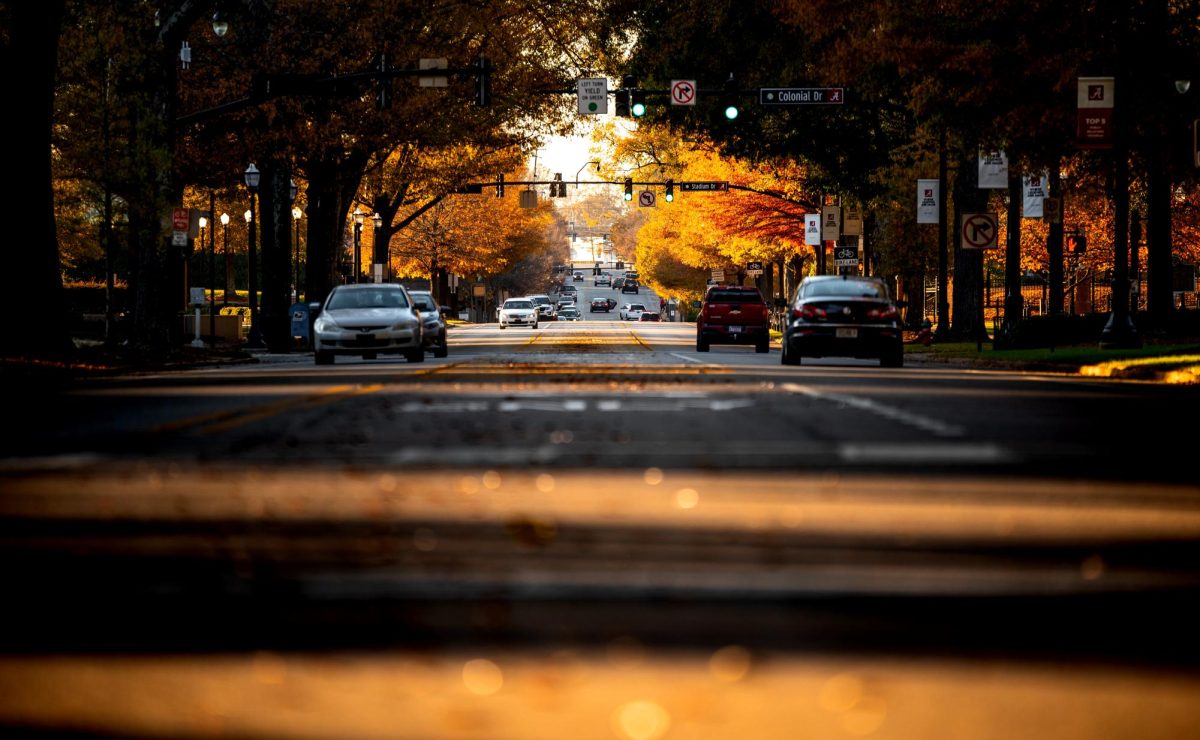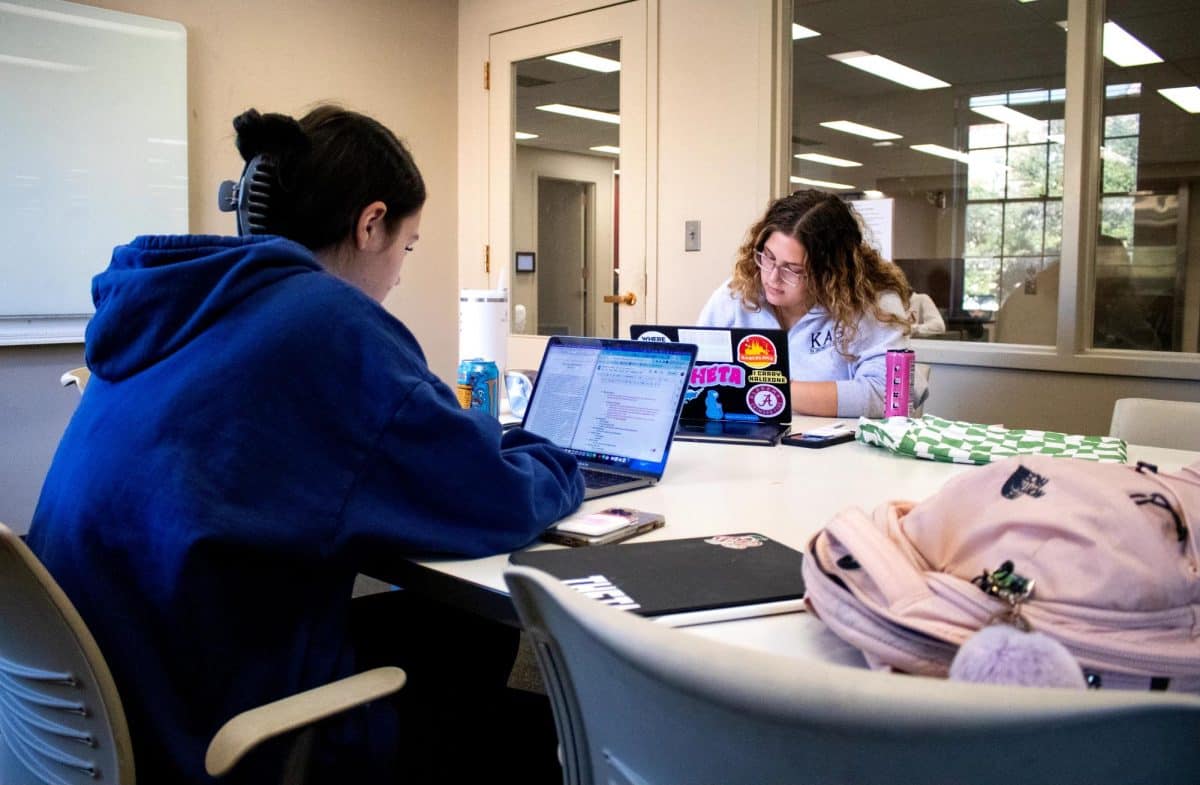After unpacking my suitcase from winter break, I take a moment to look around my carefully curated college bedroom. After spending nearly three weeks in my childhood bedroom, adorned with a cow-print tapestry first displayed during the 2020 quarantine, concert setlists and posters from high school and a string of Polaroids featuring the faces of friends I haven’t seen since graduation, I notice how vastly different they are.
Following finals week, I was in desperate need of a break from school, for time to reset and prepare myself for the spring semester. Though I thoroughly enjoy the three-week period away in which I get to see my parents every day and don’t have to pay for my own groceries, I can’t help but feel as though I’m 16 again every time I look at the walls of the room I grew up in.
Returning home involves navigating the space between two worlds: childhood and adulthood. Whether you have positive or negative associations with the place you call home, balancing the emotions of your homecoming can be difficult.
Existing in my family home as an adult prompted many questions: Do I need to ask if I can go somewhere? Is there a specific time I need to be home? Do my parents need to know who I’m out with? Even though I have the autonomy to make these decisions for myself at school, it feels strange not asking for permission each time I pull my car out of the driveway.
The idea of returning home is complex. It’s a place you find familiarity in, yet it’s different each time it envelops you. My first few trips home were not muddled with this dread.
Psychologist Meredith Fuller said in a Stuff article that for the first 18 months away from home, we continue to see it through rose-colored glasses, adding that home “acted as our go-to place when we needed to retreat from the ‘real world’ in which we had newly entered.” Even though it has been a few years since I moved for school, I find the small town where I spent the first 18 years of my life less and less recognizable each time I return.
Following my freshman year, one of the most challenging aspects of returning home was coming to terms with the fleeting familiarity of childhood and the surroundings that were once most familiar. Driving into my hometown for the first time since the summer, I noticed signs for a new shopping center, which included a T.J. Maxx, Starbucks, Aldi and Hobby Lobby. While this is a significant development for my small town, which only has one high school, it highlights just how quickly life moves on, regardless of whether or not you are present to witness it. Although it may sound cliche, this realization — combined with the fact that I did not recognize the new families occupying the homes where my friends once invited me to sleep over — felt strikingly uncanny.
“Culture shock” refers to the sense of confusion, uncertainty and sometimes anxiety that individuals may experience when exposed to a foreign culture or environment without adequate preparation. According to Her Campus, this response can also manifest when returning home, a phenomenon known as “reverse culture shock.” During breaks, individuals may experience frustration or discomfort because their “home culture” feels markedly different from the new environment they have become accustomed to.
On top of navigating my relationship with my parents as an adult, residing in the same town as those I went to school with has also proven a challenge. Significant personal growth often occurs between graduation and the first few semesters of college. In a conversation with one of the few friends from high school whom I still see and communicate with regularly, we questioned why we had little desire to see those we were once near inseparable from.. Social dynamics underscore the interactive nature of childhood, and our interactions with others play a key role in shaping what we consider “home.”
As friends move away from one another, these connections can sometimes fade. Returning home reminds us of these lost connections and forces us to confront our emotions and their losses.
I will always look forward to my trips home and the time I get to spend with my family; however, like most things in life, change is a difficult thing to navigate. As we, alongside the places most familiar to us, grow and change, so do our definitions of home. While I often long for memories of high school football games and for my cow-printed childhood bedroom, my apartment in Tuscaloosa and my college friends are now a part of my home as well.









